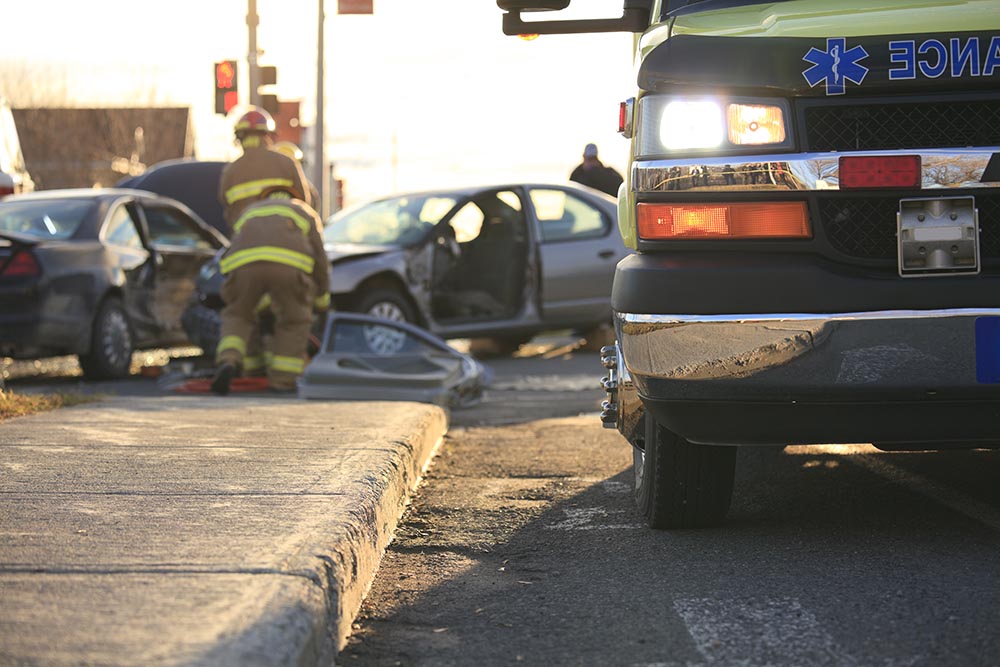The National Highway Safety Transportation Administration reports that thousands of car accidents occur in the United States yearly, with many resulting in injuries or fatalities. No one likes to believe they could become a statistic but nothing compares to the terror and panic you might feel when it’s your child who has been injured in a car accident. There are important steps to be taken following an accident where your child or a family member has been injured. It is critical to keep a clear head, have a plan and make sure your child gets the proper medical attention they require.
Call 911
Your first course of action should be to call 911. Listen to the dispatcher’s recommendations regarding whether or not you should move your child from the car given your particular set of facts and circumstances. If you have any suspicion that your child has severe injuries of any kind, it may be best to have the child remain unmoved until Emergency Medical Services arrive at the scene of the accident. Always call 911 first so that help can arrive as soon as possible.
Report the Accident to the Police
The police will arrive at the scene of the accident along with other emergency medical services such as the fire department, EMT, ambulance. At this point, you should feel more comfortable knowing that your child is having their medical needs and injuries immediately addressed. You will need to provide the police officer with a complete and accurate description of the accident and answer any questions honestly. Once your child is safe and receiving the necessary care and treatment, it will be necessary to file a police report, take photos, and collect information from all parties involved in the wreck.
Seek Medical Attention
After a minor accident, there may be a chance that Emergency Medical Services does not arrive at the scene of the accident. If this is the case, it is often recommended by your child’s pediatrician to seek medical evaluation and treatment for your child as soon as possible. Some injuries do not show symptoms for hours or days after the event. It’s important to get your child checked out by a medical professional because they may not have the ability to articulate exactly how they feel. Look for signs of crying, changes in appetite, bruises, and changes in personality. Make sure your child’s physician knows about any issues you suspect comes from the wreck.
Additionally, some children develop emotional trauma surrounding a severe car accident. If this is the case, you should seek psychological assistance for possible post-traumatic stress disorder. A medical professional may diagnose your child with post-traumatic stress disorder or any other trauma resulting from the accident, and if this is the case, you will also have the legal right to pursue compensation for any mental health therapy they receive.
Contact an Experienced Personal Injury Attorney
Make sure to always address the physical and psychological needs of your child following your car accident. Learn how our experienced personal injury attorneys at Griggs Injury Law at (816) 474-0202 can help you fight for compensation for all injuries and losses and ensure that your legal rights remain protected.


